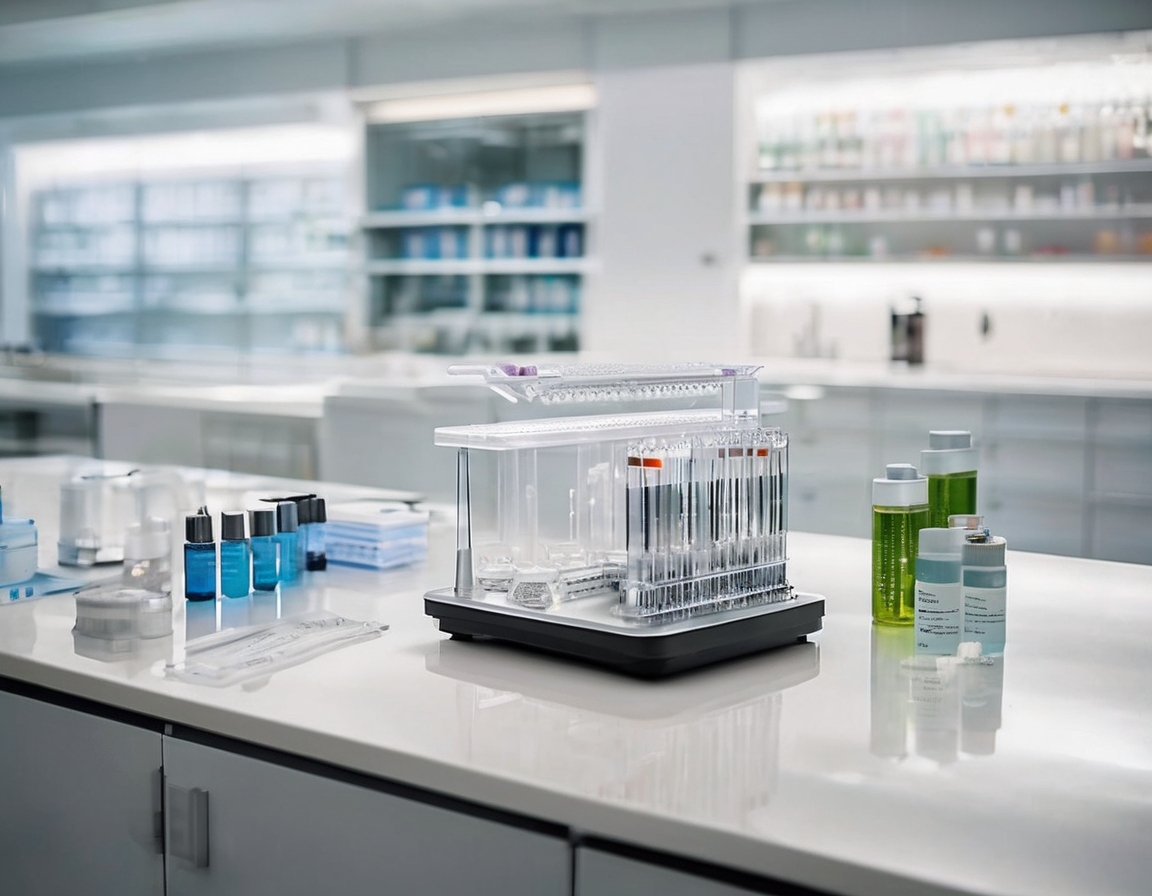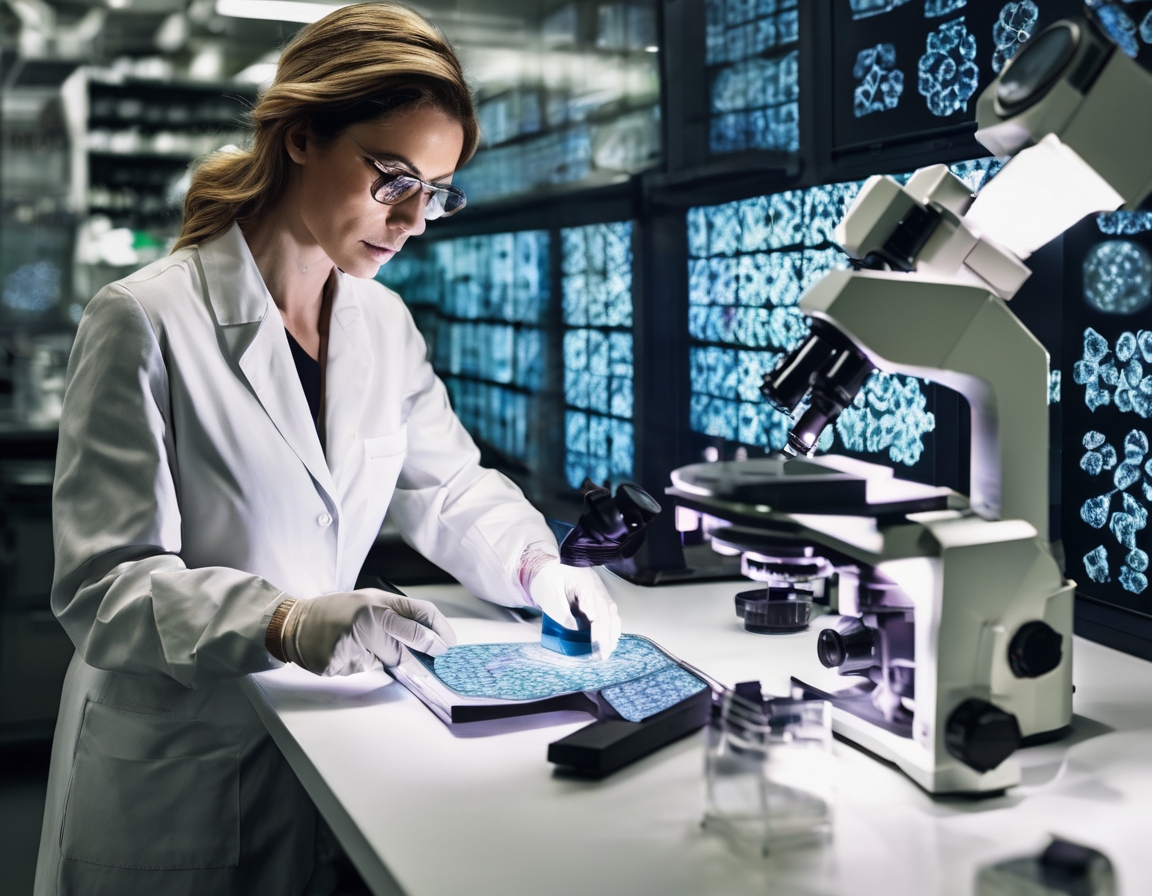Understanding the role of donor sex cells in fertility
In the journey towards parenthood, many individuals and couples encounter challenges that require the assistance of donor sex cells. Donor sperm and eggs play a crucial role in fertility treatments, offering hope to those who face difficulties in conceiving naturally. Understanding the role of these donor cells is essential for anyone considering this path to parenthood.
The Science Behind Donor Sperm and Eggs
Donor sperm and eggs are reproductive cells provided by a third party to assist individuals or couples in achieving pregnancy. These cells are used when one or both partners are unable to produce viable gametes due to medical conditions, genetic concerns, or other factors.
The collection of donor sperm involves a straightforward process where the donor provides a semen sample, which is then analyzed, processed, and frozen for future use. Egg donation is more complex, involving hormonal stimulation of the donor's ovaries to produce multiple eggs, which are then retrieved through a minor surgical procedure. Both sperm and eggs are carefully preserved through cryopreservation, ensuring their viability for future fertility treatments.
The Role of Donor Sex Cells in Assisted Reproductive Technologies (ART)
IVF is a widely used ART method where donor sperm or eggs are combined with the recipient's gametes in a laboratory setting. The resulting embryos are then transferred to the recipient's uterus, offering a chance for pregnancy. This method is particularly beneficial for individuals with severe infertility issues or genetic disorders.
IUI involves the direct insertion of donor sperm into the recipient's uterus during ovulation. This less invasive procedure is often chosen when male infertility is the primary concern, providing a simpler alternative to IVF.
Choosing the Right Donor
Choosing a donor is a deeply personal decision that involves considering factors such as physical characteristics, genetic background, and personal values. Many recipients also consider the donor's medical history and lifestyle to ensure compatibility and minimize potential health risks.
Legal and ethical considerations are paramount when using donor cells. Recipients must navigate issues such as donor anonymity, parental rights, and the child's right to know their genetic origins. Consulting with legal experts and fertility specialists can help address these concerns.
Emotional and Psychological Aspects of Using Donor Cells
The decision to use donor cells can be emotionally challenging. Individuals and couples may experience feelings of loss, guilt, or anxiety. It is important to acknowledge these emotions and seek support from counselors or support groups specializing in fertility issues.
Support systems play a vital role in the donor cell journey. Counseling services can provide guidance and reassurance, helping recipients navigate the emotional complexities and make informed decisions about their reproductive future.
Advances in Donor Cell Technology
Advancements in genetic screening and testing have significantly improved the safety and success rates of using donor cells. Comprehensive genetic testing can identify potential hereditary conditions, ensuring healthier outcomes for both the recipient and the future child.
The field of donor cell technology is continually evolving, with research focusing on improving success rates and expanding options for recipients. Innovations such as artificial gametes and enhanced cryopreservation techniques hold promise for the future of fertility treatments.








Comments (0)